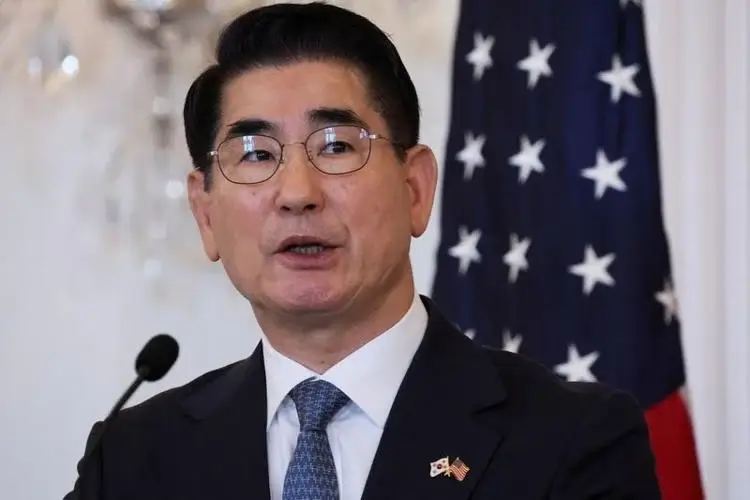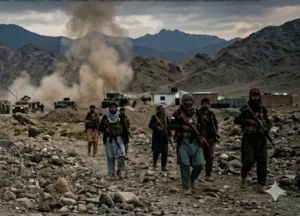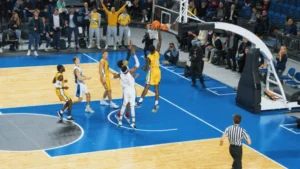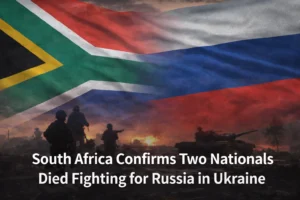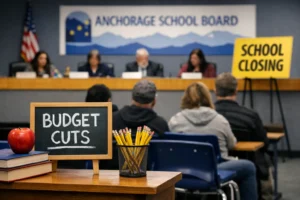South Korea’s President Yoon Suk Yeol is facing a travel ban after his shirt-lived martial law declaration last Tuesday. This development comes as Yoon narrowly survived an impeachment motion over the weekend. The motion was boycotted by MPs from his ruling People Power Party (PPP), who decided not to support it after Yoon agreed to shorten his term and not get involved in foreign and domestic affairs.
Thousands have protested since Yoon’s martial law order, calling for his resignation or impeachment. Several key figures involved in the martial law order have faced action, including former Defence Minister Kim Yong-hyun, who was arrested on Sunday. Travel bans have also been placed on Kim, Lee, Defence Counterintelligence Commander Yeo In-hyung, and Army Chief of Staff Park An-su.
PPP leader Han Dong-hoon announced that Yoon would no longer be involved in state affairs until his early resignation. However, the opposition Democratic Party criticized the plan, calling it an illegal, unconstitutional second insurrection and a second coup. The Ministry of National Defence confirmed that Yoon retains command of the armed forces, allowing him to make executive decisions in the event of foreign policy incidents.
Yoon apologized to the nation on Saturday, pledging not to impose another martial law order. Despite this, the opposition has vowed to continue impeachment efforts. Yoon’s actions have sparked widespread outrage, leading to a travel ban and calls for his resignation.
The situation remains tense. The opposition is determined to hold Yoon accountable for his martial law attempt and the president facing a South Korean crisis. Yoon’s presidency is in turmoil, facing a South Korean crisis with no clear end in sight, protests continue, opposition vows to continue impeachment efforts, and Yoon’s future is uncertain.





